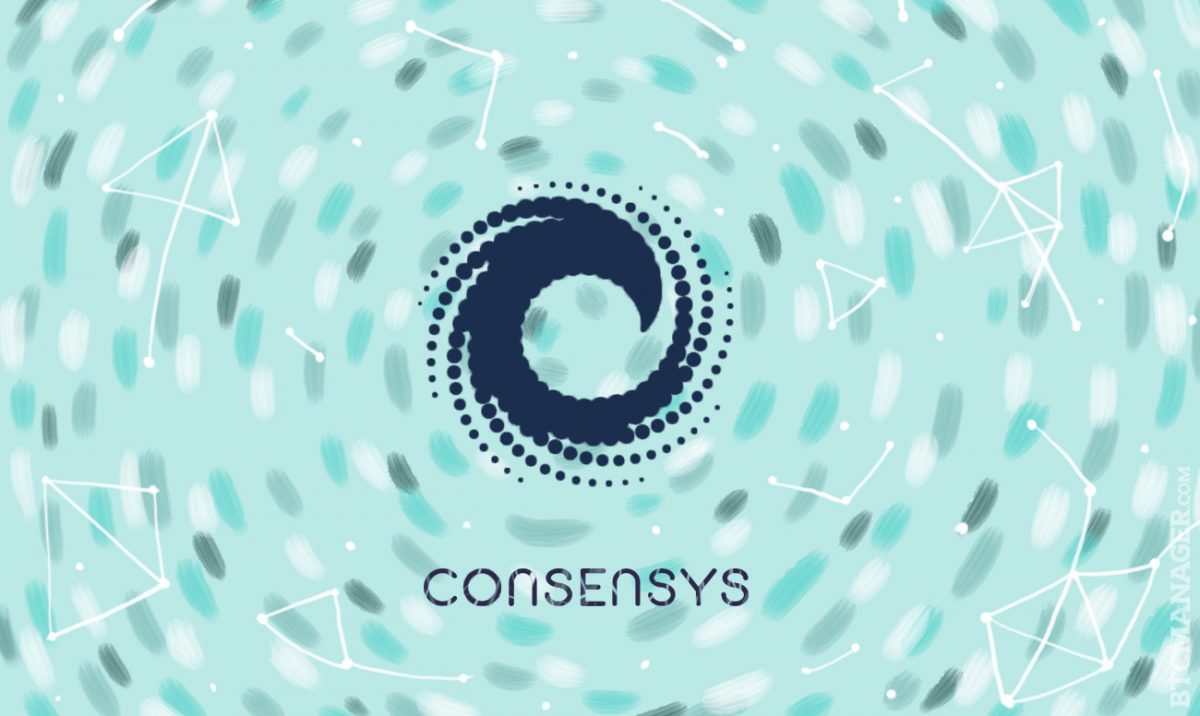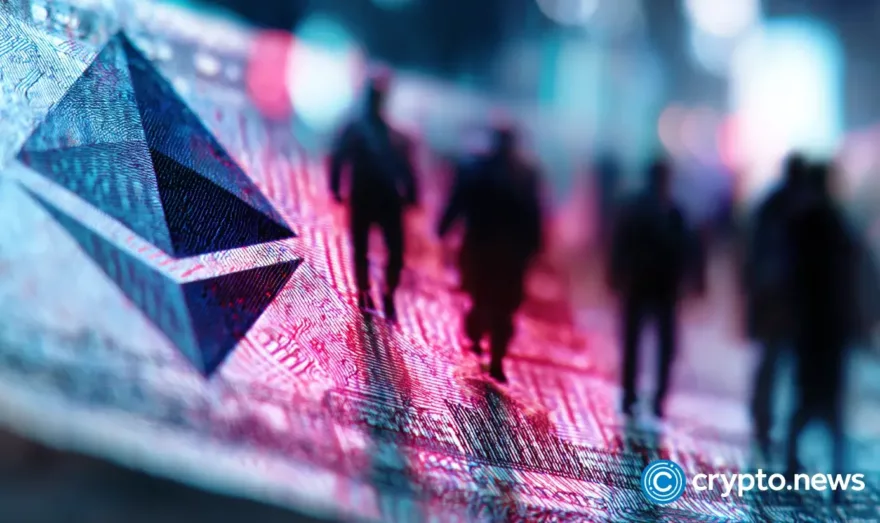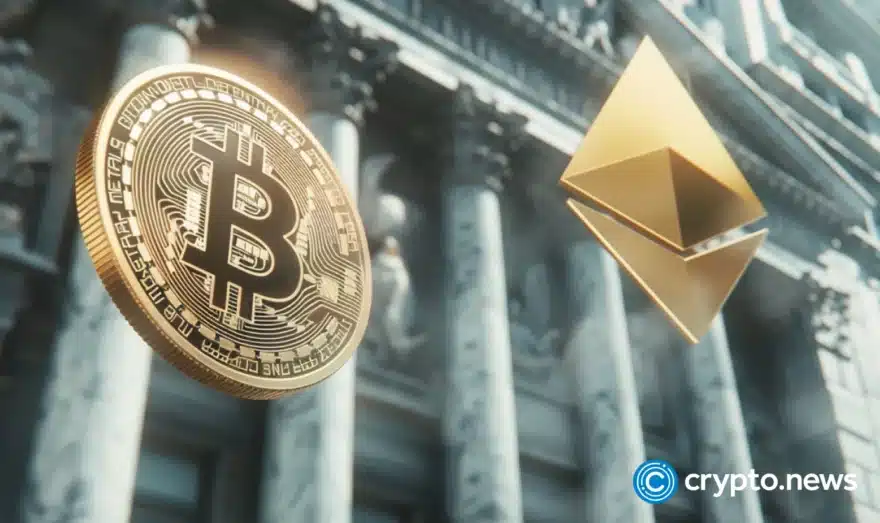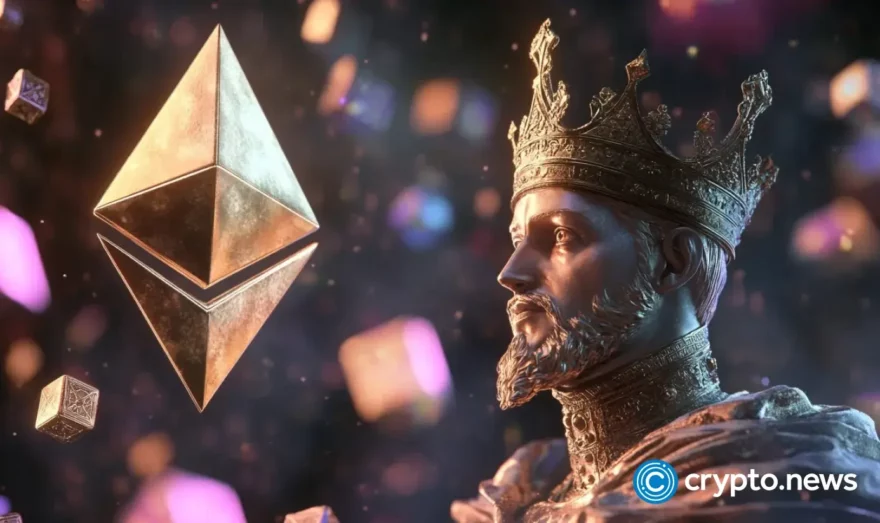ConsenSys on the Rise: A Feature Interview with Andrew Keys

Recent waves of investment have given rise to a series of pioneering developments in blockchain technology. Recently, two new ventures partnered up to develop and integrate uPort Digital Identity technology and other wallet tools onto the Digix Gold platform. Digix and Consensys are cooperating to integrate a wallet and the next generation of identity portal systems using the Ethereum platform.
Digix Gold presents a new concept for the tokenization and storage of gold. Digix allows gold to be stored, sent, and received by using an Ethereum wallet. The uPort wallet will allow users to safeguard Digix’s Ethereum-based digital assets.
uPort is the software Consensys is developing. It is the first identity system allowing the user to be in complete control of their identity, digital assets and personal information. uPort serves as an Ethereum wallet for native tokens like ether, and other subtokens created on the Ethereum platform.
All of this new developments and this new technology sometimes can be hard to grasp, so BTCMANAGER interviewed Andrew Keys of ConsenSys in order to get the full story.
On Consensys: the company’s main goals, objectives and Ethereum implementation
ConsenSys was founded in November 2014 by Joseph Lubin, a co-founder of Ethereum. When it was apparent Ethereum’s release was imminent, Joseph wanted to create a company that would specialize in applications that would work on Ethereum.
ConsenSys has three main thrusts: Deep Protocol Infrastructure, Core Components and Tooling; Decentralized Application (DApp) Development; and Enterprise Consulting and Joint Ventures.
The ConsenSys development team is now working on integrating two of six Ethereum features: Java and Haskell. These implementations also have the ability to be used in private or semi-private enterprise in the form of licensing on cloud environments like MSFT Azure, under the terminology “Ethereum Blockchain as a Service” (ETH BaaS).
All Ethereum blockchain applications will need core components that will be reusable regardless of the type of application. ConsenSys has created many of these including wallets, identity systems, registries, token issuance and management,and reputation systems.
ConsenSys also creates Integrated Developer Environments, Private Blockchains with RESTful API’s, and other tools that expedite decentralized application delivery.
ConsenSys is building many DApp’s that will reside on the public Ethereum blockchain that employ peer-to-peer blockchain architecture. A few notable mentions include, Ujo (peer-to-peer music), Ether Sign (blockchain resident smart document formation and management), Gnosis (prediction markets), EtherPoker (provably fair decentralized poker), Ether Loan ( peer-to-peer lending), and Wei Fund (crowdfunding platforms).
Finally, ConsenSys is being retained by or forming joint ventures with Fortune 500’s in varying verticals such as banking, accounting, energy/utilities, and oil and gas. We are providing blockchain education for executives and IT personnel as well as blockchain infrastructure to help companies understand the Ethereum blockchain and what it means to their current and future business models.
On uPort and ConsenSys’s expectations for this new software
Digix is partnering with ConsenSys to use our uPort wallet and identity system. uPort represents the next generation of identity systems: the first identity system to enable self-sovereign identity, allowing the user to be in complete control of their identity, digital assets and personal information. The uPort attestation system allows third-party authorities as well as peers to validate the user’s information, creating both a rich social fabric as well as powering solid Know Your Customer/Anti Money-Laundering (KYC/AML) systems in the financial sector. Moreover, the uPort wallet employs high standards of security and encryption to ensure safety. Finally, through uPort’s selective disclosure system the user has a total overview over which of their peers, business partners or counterparties can access their information.
On Digix and what both companies are trying to achieve: the simpler explanation
Digix is digitally tokenizing gold on the Ethereum blockchain. The process of digitally tokenizing assets is revolutionary in the sense that we’re making assets E-Assets, that are transparent, more liquid, and verifiable on the blockchain, which expedites settlement/clearing.
On Ethereum: it’s potential, technology, use, and future
Ethereum is how the internet was supposed to work. Ethereum will dwarf the Bitcoin ecosystem, as Bitcoin can only do one thing well: Transfer of Value. With Ethereum, Smart Contracts enable a whole new paradigm and economy.
This is the first of a two-part series about recent developments with ConsenSys by Nuno Menezes















